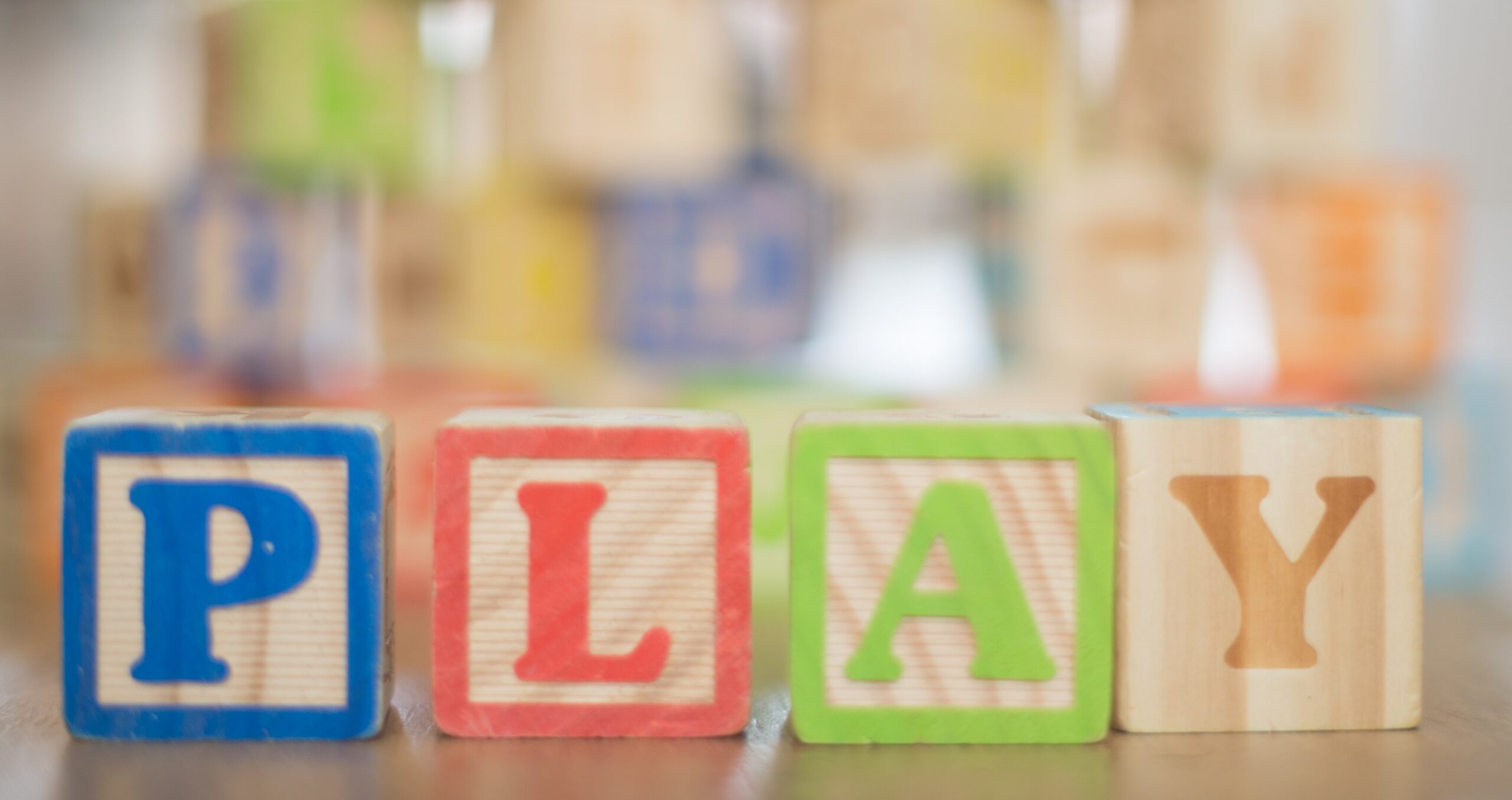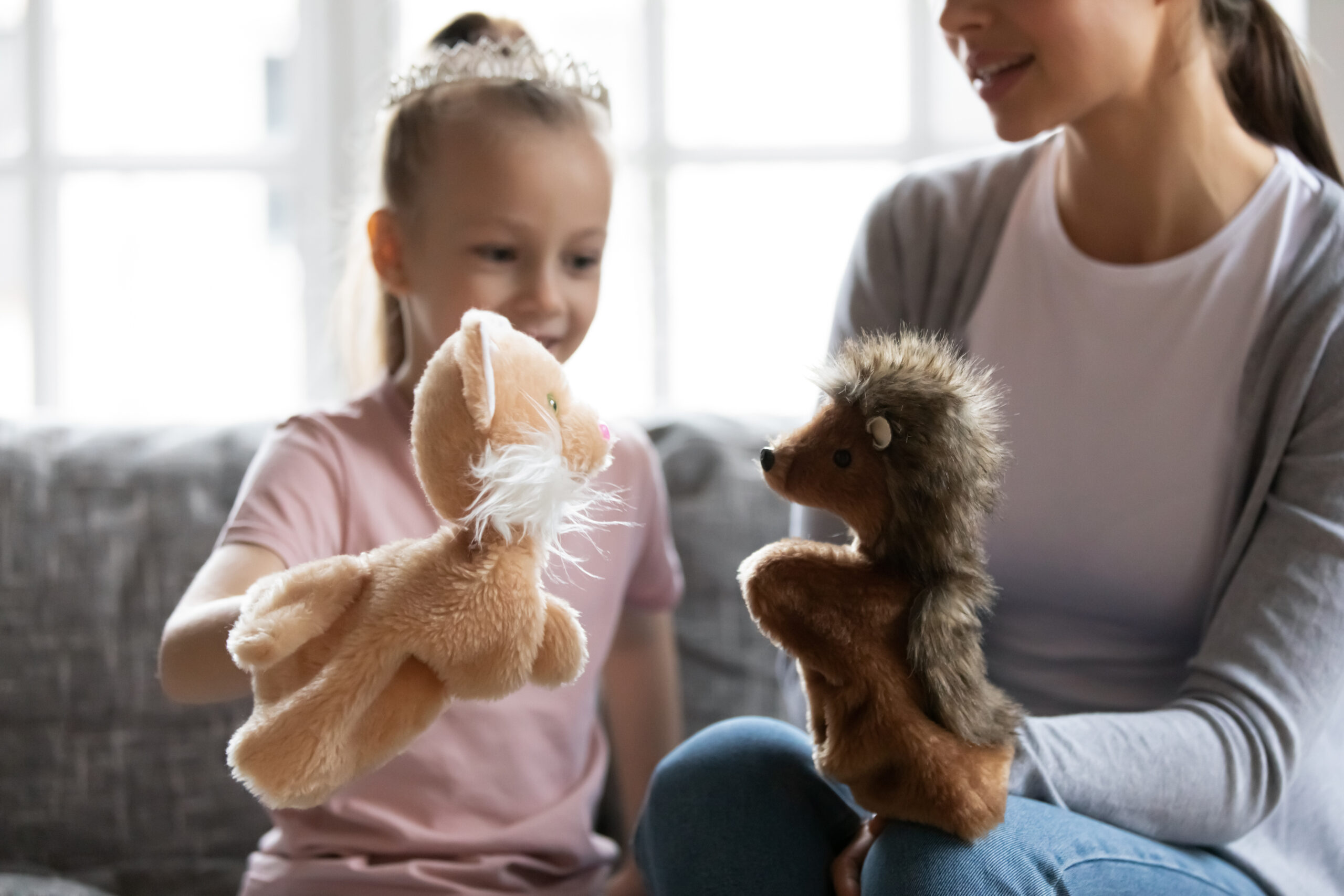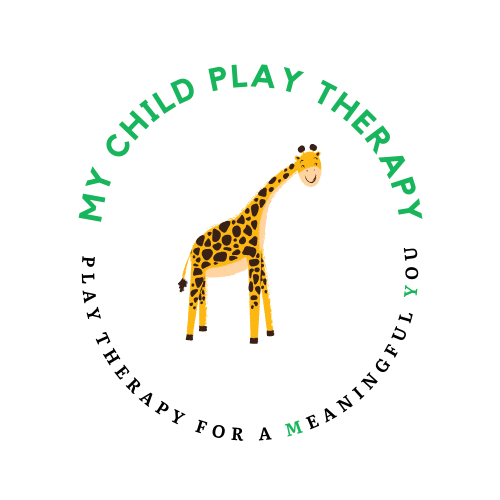About...

PLAY
From newborns to teenagers, children use movement, language, and symbols in their play actions to express themselves and make sense of the world around them.
Normative is play focused and joyful, and engaged in for no other reason than a child’s pleasure.
In the state of play, children are more available to learn.
During the early years the opportunity for play is fundamental to healthy childhood development, and proven to be an important precursor to the development of literacy and critical thinking.
In play a child always behaves beyond his average age, above his daily behavior. In play it is as though he were a head taller than himself.
Nothing lights up a child's brain like play.
CHILD PLAY THERAPY
Theoretically derived
Developmentally sensitive
which allows a child to master life's difficulties
the therapeutic relationship serves as an agent for change

PLAY THERAPISTS BELIEVE IN:
A child's innate ability to GROW, HEAL and MATURE
The power of the Therapeutic Relationship that develops between child and therapist, which is one of NON-JUDGEMENT, ACCEPTANCE, and EMPATHY
The play-therapy room is good growing ground....here he can unfold his wings; he can look squarely at himself, for he is accepted completely; he can test out his ideas; he can express himself fully; for this is his world...
Toys are used like words by children, and play is their language.
